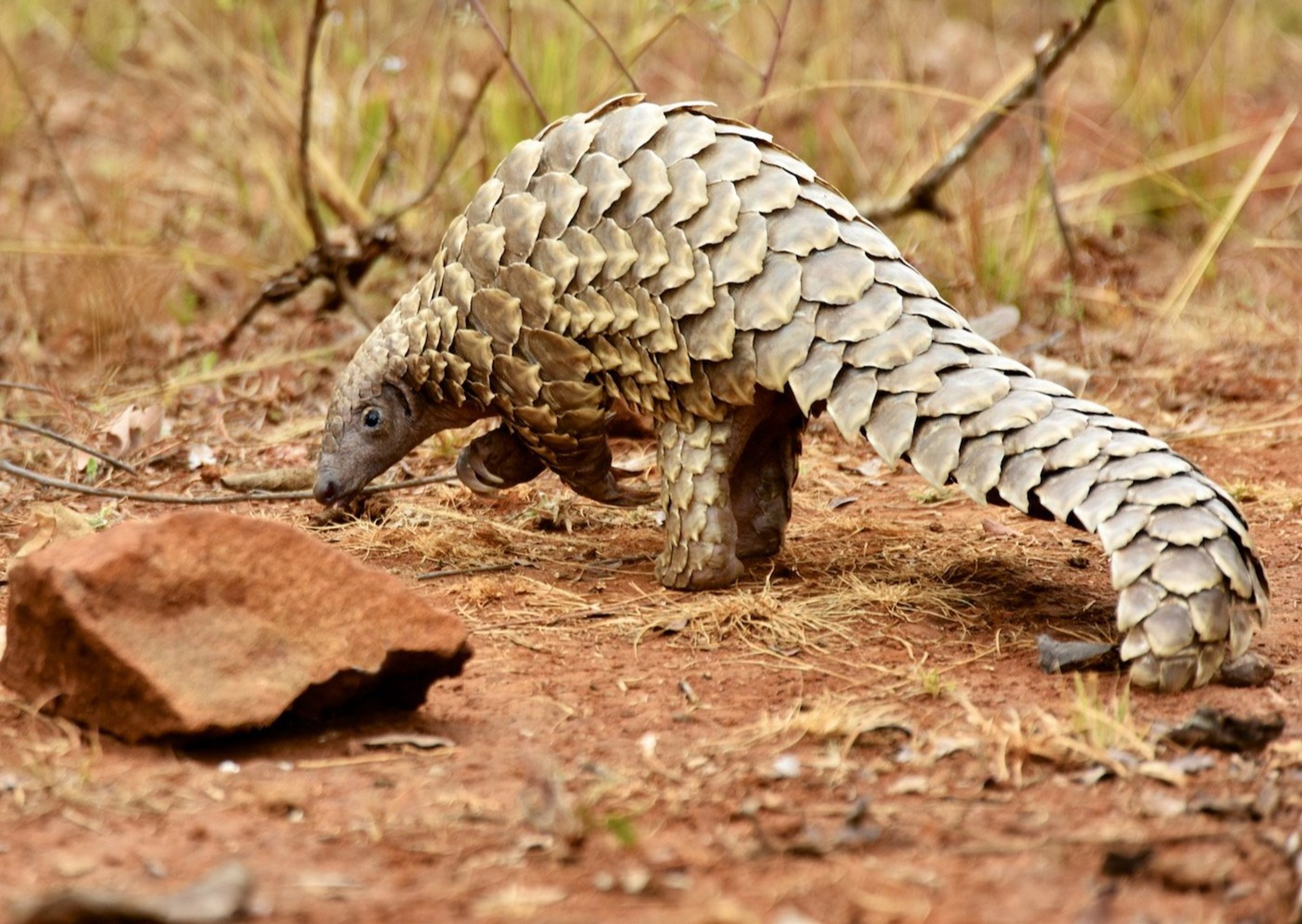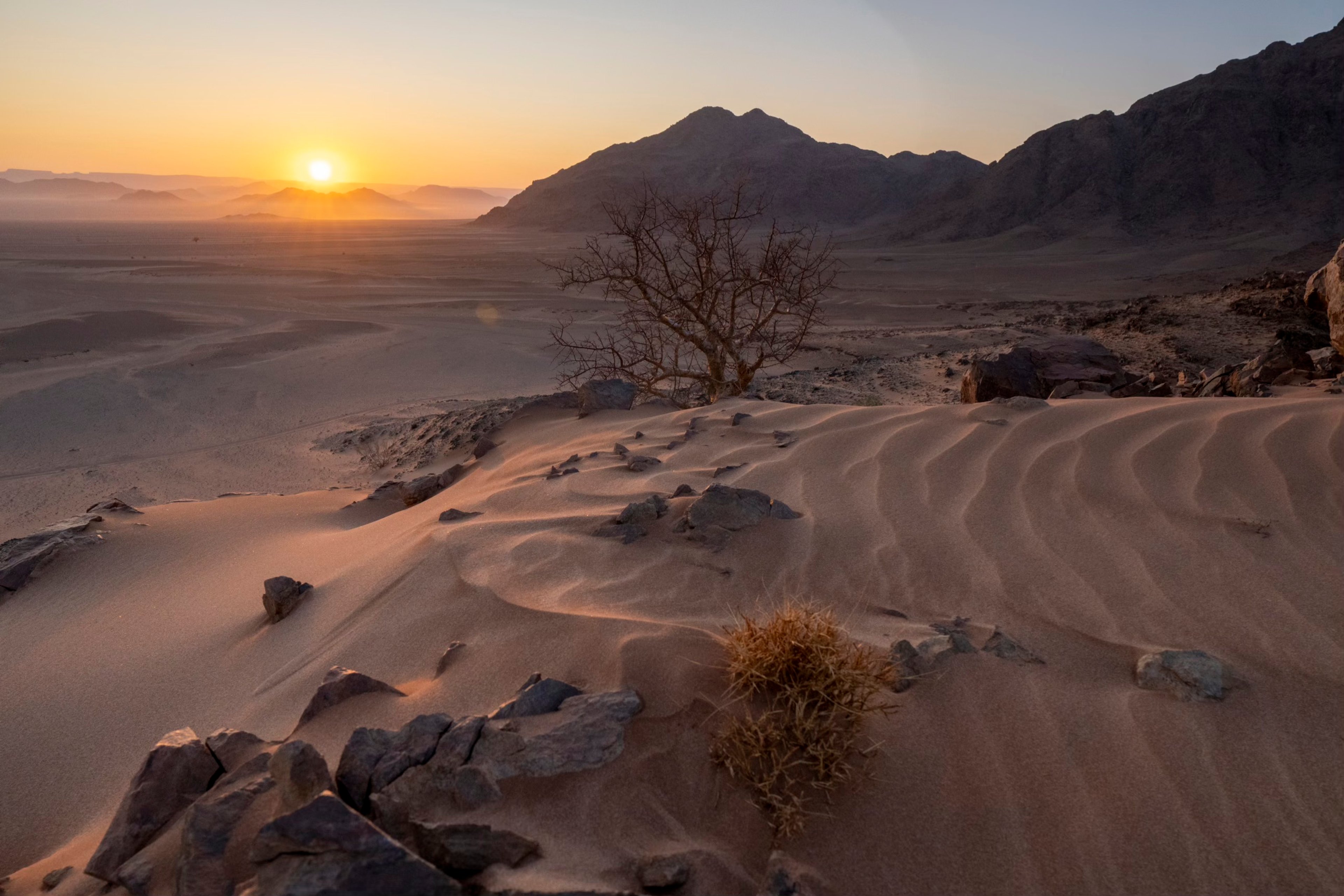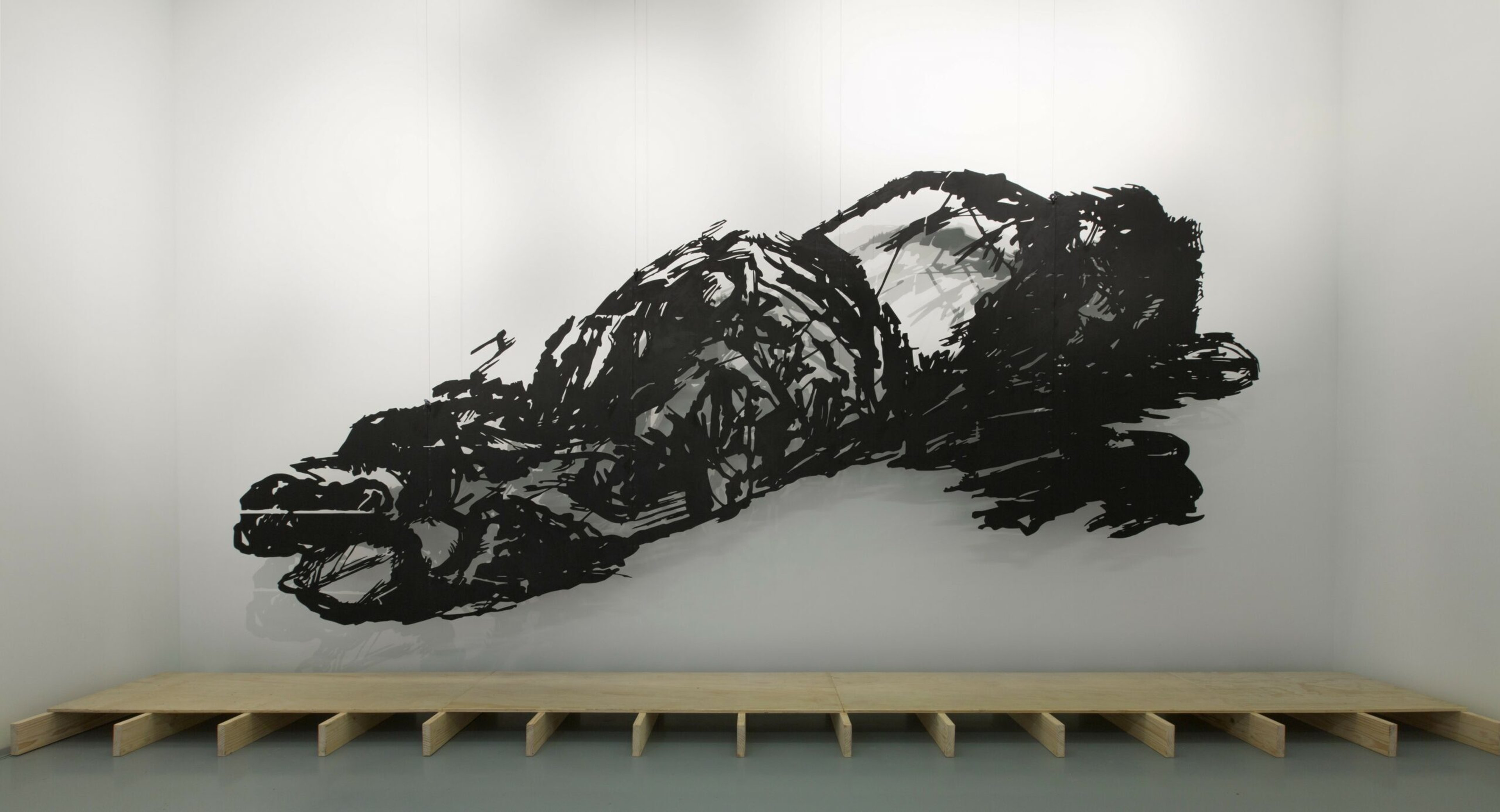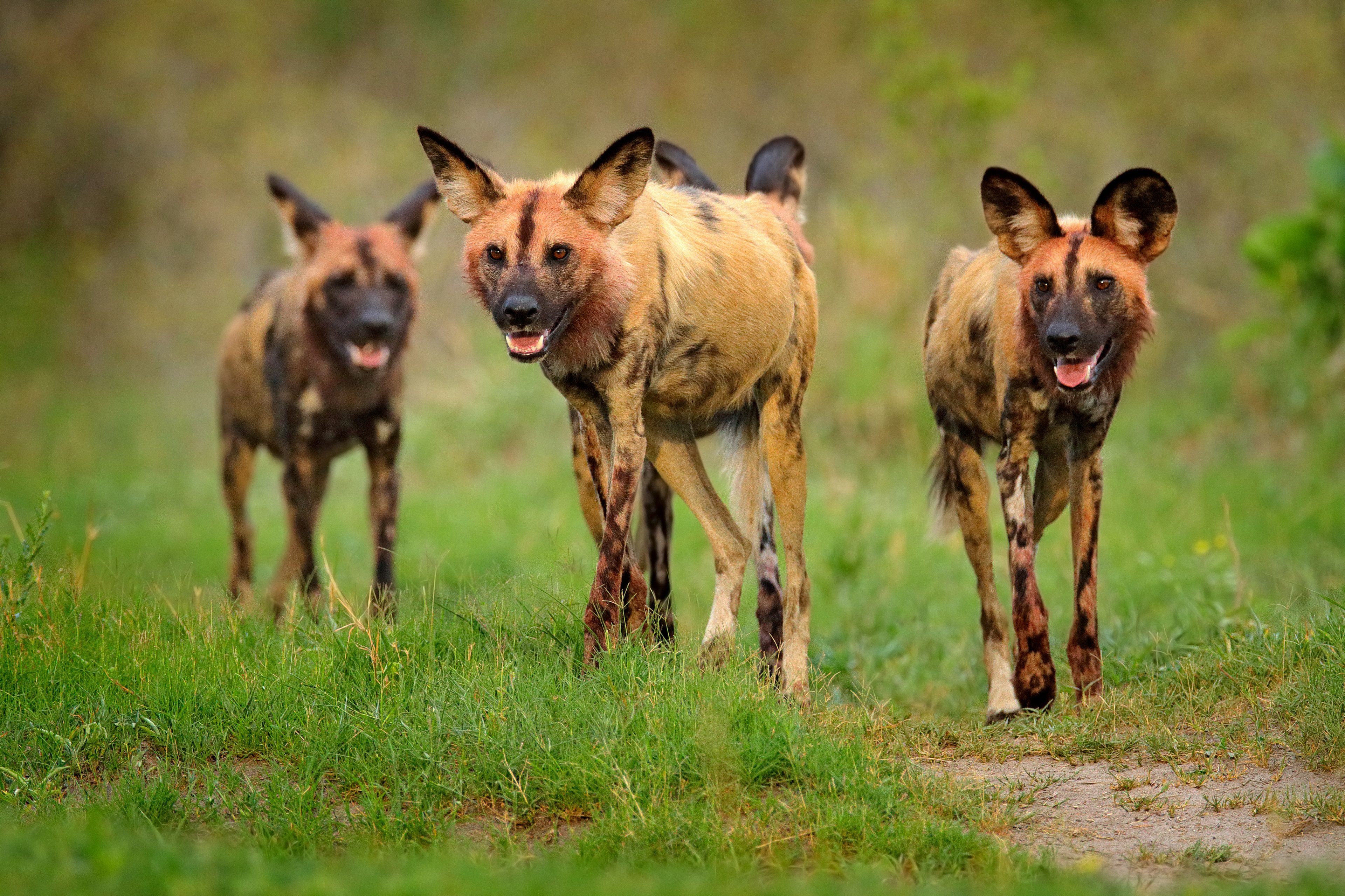“If we lose the pangolin, we lose earth’s great gardeners. They are our caretakers.”
– Lisa Hywood, founder of the Tikki Hywood Foundation
Lisa Hywood is a powerhouse. The leading conservationist and founder of the Tikki Hywood Foundation has a no-nonsense, all-African approach to the illegal trafficking and poaching problem plaguing our wilderness spaces – a problem she aptly coins “a silent war”. We are thrilled to have Lisa speak at our upcoming Women’s Empowerment Retreat in Zimbabwe, April 11-16, 2023. Lisa will move, teach, and enlighten us alongside other Zimbabwean changemakers like conservationist Dr. Moreangels Mbizah (who studied the famous Cecil the lion until he was shot by a trophy hunter in 2015) as well as entrepreneur Diane Chimboza who runs an incredible wine business supplying safari lodges across Africa. This annual gathering of female pioneers continues to drive the mission of ROAR AFRICA: “If African women rise wildlife will thrive”. The funding and community created by this trip, including grants and documentaries, books, new careers created, and TED Talks, have had a profound and tangible impact on conservation, education, and female empowerment that will stretch far into the future. The outcome has soared way beyond anything we ever expected at the outset.
A Zimbabwean legacy of love
In 1994, Lisa created the Tikki Hywood Foundation, named after her father, a pillar of the Zimbabwean community and champion of the underdog, to continue his legacy. And despite a broader focus on less charismatic creatures, like genets, hedgehogs, and hyenas (all just as critical to our fragile ecosystem as more storied animals like lions and leopards), Lisa is most renowned for her work with pangolins. From the moment her eyes met with those of her first pangolin rescue, Negomo – handed to her in a sack on the side of the road – Lisa’s world “stood still”.
Today Lisa’s fierce determination is changing the trajectory for pangolins throughout Africa with active rescue centres in Cameroon, Uganda, and Liberia. But why is this small, nocturnal, shy mammal – in many ways, the underdog of the wild world – so hunted? Misinformation, hunger, and cultural beliefs throughout Asia and parts of Africa power the plight of what is officially the most trafficked mammal on earth. The demand for pangolin meat and scales (used to zero proven scientific effect in eastern medicine) continues to drive a highly lucrative, illegal trafficking industry that removes roughly 100 000 pangolins from their natural environment in Asia and Africa annually. In response to this crisis, an effective ethos of “rescue, rehabilitate, and release” fuels the Tikki Hywood Foundation’s 24/7 conservation efforts.
Rescue, rehabilitate, and release
What does rescue, rehabilitate, and release really mean? Much of the Foundation’s work starts with careful collaboration with personnel of various African governments, often the first to take possession of pangolins and other animals confiscated from traffickers by the authorities. The rehabilitation process is far from easy for those creatures lucky enough to be rescued. Pangolins have poor vision, no teeth, and specific dietary requirements, eating only termites and ants using long skinny tongues. But those unique eating habits aerate and germinate the soil. Lisa describes them as “the earth’s great gardeners”, integral to the health of our environment. After what can often be weeks or months of veterinary care, a group of minders fosters a sensitive rapport, bottle-feeding rescue animals and taking them for daily foraging walks in the wild. To care for, shelter, and re-acclimate these animals to their natural environment, teaching them the skills that captivity and trauma have stolen from them, is a lengthy and costly process.
Like many animals, pangolins’ traits mirror the best of humanity. They are gentle, intelligent, and deeply maternal, carrying and protecting their babies with their long tails for the first three months of life. To successfully release them back into the wild requires trust and faith. A reminder that we are not as dissimilar from these small, scaly, critically endangered creatures as we might think.
When African women rise, wildlife will thrive
As with most resilient, brave African conservationists fighting to protect our planet, Lisa is ever pragmatic. While the Tikki Hywood Foundation is active in getting legislation passed, as well as constantly collaborating with government officials, park personnel, and the police, Lisa believes, (as we fervently do), that we are all responsible as humans. We must make an impact. And just as we cannot turn a blind eye to poaching and illegal trafficking, we must fight harder to protect Africa’s last truly wild spaces, home to the highly endangered creatures we’re so urgently trying to save. Lisa says it best: “We all need to be accountable for our own space.”
That Lisa will be with us in Zimbabwe, the land of her birth and mine, leading an international group of change-makers committed to making a concrete impact in Africa is indeed a coup.
We have two spots left at our annual Women’s Empowerment Retreat taking place at Singita Pamushana Lodge in Zimbabwe, April 11-16, 2023. Join us and make the difference.




